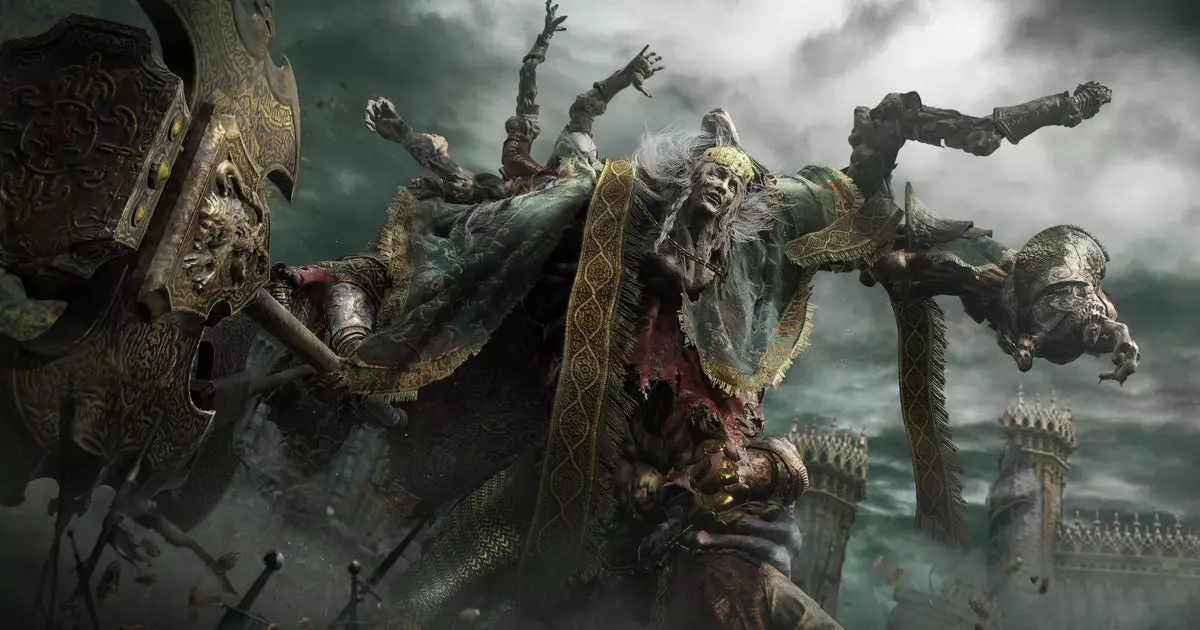In the ever-evolving world of gaming, corporate acquisitions have become commonplace, reflecting a strategy by major players to consolidate their resources and enhance their portfolios. Sony’s ongoing negotiations to acquire Kadokawa, the parent company of the renowned From Software, exemplify this trend. This move highlights Sony’s desire not only to secure the intellectual properties related to popular franchises—such as the ominous Dark Souls series, the captivating Danganronpa, and the enigmatic Octopath Traveler games—but also to seize valuable manga and anime assets.
Kadokawa is not merely a name; it represents a rich tapestry of storytelling and creative prowess. The acquisition by Sony would mean gaining access to well-established titles that have resonated with fans worldwide. For instance, From Software’s reputation for crafting immersive worlds and challenges has solidified its standing in the industry. Owning such a developer could enable Sony to maximize the potential of current franchises while also facilitating the development of new content that captivates audiences. However, discussions of exclusivity raise questions about access for players across platforms, with trends leaning toward a preference for time-limited exclusivity rather than traditional, permanent lock-in.
The push for consolidation raises significant concerns regarding the future of diversity and innovation in game development. When megacorporations consume smaller studios, the unique flavor of each developer can sometimes be diluted. As Sony continues to absorb influential entities, there looms the risk that the variety of gaming experiences might suffer, leading to a homogenization of content. The gaming community benefits from diverse perspectives and styles, which allow for creativity to thrive across platforms, genres, and narratives.
Complicating matters, Kadokawa recently dealt with the reverberating effects of a ransomware attack that stumbled its operations. Diving into negotiations for acquisition in the aftermath of such a crisis could be strategically beneficial for both parties, enabling Sony to streamline recovery efforts while securing its new assets more effectively. Nevertheless, this raises further questions about the stability of Kadokawa’s current projects, which reportedly include a staggering 26 game development initiatives across its various studios.
Should the deal come to fruition, the horizon looks promising for Sony, especially with its ambition to regain earnings lost on projects like Concord. However, the gaming landscape is rife with uncertainty. As consumers, we must remain aware of the implications of such consolidation on the games we love. Ultimately, while the acquisition could yield significant new titles and rich experiences, the overarching trend of corporate consolidation should prompt reflection on the sustainability of creativity in an industry increasingly monopolized by a few giants.
As negotiations between Sony and Kadokawa continue, the outcome will likely shape the future dynamics of gaming. Balancing commercial interests with the need for diversity and innovation will be crucial in ensuring that fans receive not just new versions of beloved titles, but also fresh, engaging experiences that push the boundaries of storytelling and gameplay.


Leave a Reply